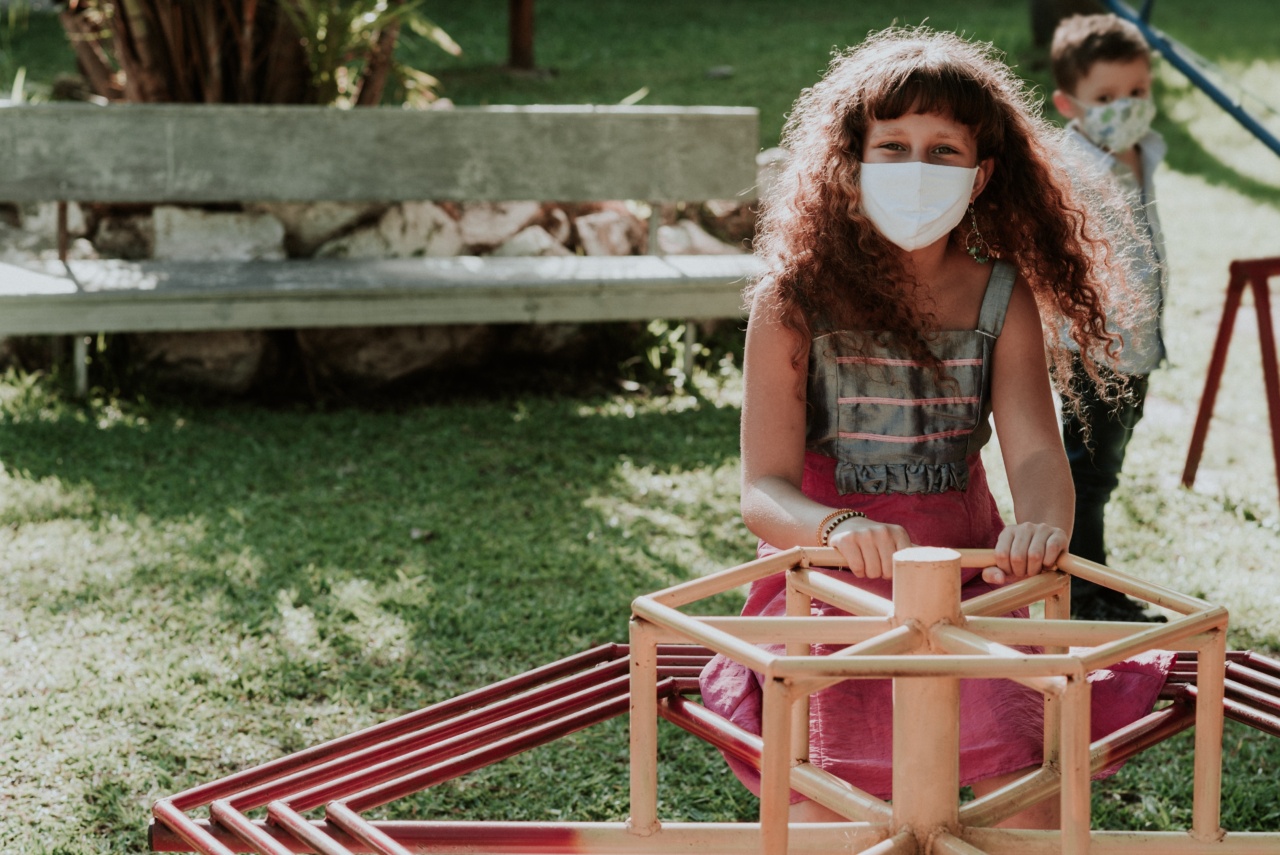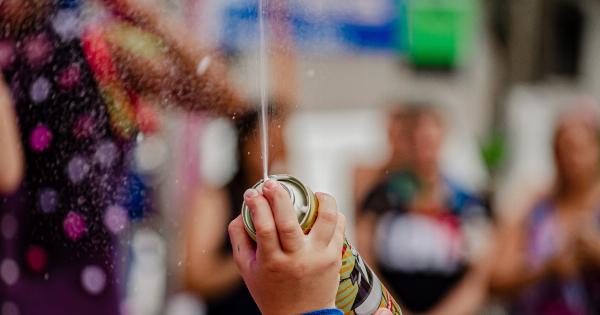Depression is not just a disease that affects adults, but it can also impact children. Childhood depression is a condition that can lead to severe emotional, behavioral, and physical problems.
As such, it is important to prevent childhood depression before it even starts. One way to do this is by using fun techniques that can help build confidence and self-worth in children.
What is Childhood Depression?
Childhood depression refers to a serious medical condition that affects children and teenagers. Depression can turn into a chronic condition or can become severe and lead to thoughts of self-harm or suicide.
Children may not express their feelings or thoughts, so it can be challenging to pinpoint depression in them. However, if you see noticeable changes in the child’s behavior or mood that lasts for weeks, it is time to seek help.
The Symptoms of Childhood Depression
Before delving into how fun techniques can prevent childhood depression, it is crucial to know what the symptoms are so that you can spot depression in children. The symptoms of childhood depression include:.
- Social withdrawal
- Frequent headaches or stomachaches
- Unexplained crying or irritability
- Loss of interest/pleasure in enjoyable activities
- Difficulty sleeping, oversleeping, or daytime sleepiness
- Suicidal thoughts
Preventing Childhood Depression with Fun Techniques
Encouraging children to engage in fun activities is one of the ways to prevent childhood depression. It is a simple way to help build self-esteem and boost confidence. Here are some fun techniques that can be helpful to prevent childhood depression:.
1. Exercise
Exercising helps release endorphins which are considered the body’s natural ‘feel-good’ chemicals.
Encouraging your child to engage in fun physical activities like swimming, biking, dancing, or running can help prevent or manage depression alongside other forms of therapy.
2. Art Therapy
Art therapy has been found to be helpful in improving emotional expression and reducing negative cognitive patterns. Some studies have even shown that it can help with anxiety and depression.
Encouraging your child to participate in art and crafts activities can help improve their mood and make them feel more relaxed.
3. Music Therapy
Music therapy has been shown to improve one’s mood, reduce anxiety, stress and depression, and even improve physical health.
Encouraging your child to try playing an instrument, singing, or even listening to music can have a positive effect on their mental health.
4. Outdoor Activities
Spending time outdoors is a great way to improve mental health. Sunshine helps boost vitamin D levels, which is known for reducing depression symptoms.
Engaging your child in outdoor activities like camping, hiking, gardening, or going on picnics can have a positive effect on their mood.
5. Reading
Reading is an excellent way to escape the world, relax, and feel better. Reading helps improve mood and also improves social engagement and cognitive abilities.
Encouraging your child to read books they find interesting can help improve their mental health.
6. Mindfulness
Mindfulness is a form of meditation that focuses on being present in the moment. It helps reduce stress levels and improve well-being. Encouraging your child to practice mindfulness can help them feel calmer and more relaxed.
7. Pet Therapy
Pets have been shown to have a positive impact on mental health. Being around pets can help reduce stress levels, lower blood pressure, and improve mood. Encouraging your child to spend time with a pet can improve their emotional well-being.
8. Play Time
Playing is a fun way to improve mental health. It helps increase creativity, confidence, and social skills. Encouraging your child to play with their friends or siblings can help improve their mood and reduce stress levels.
9. Singing
Singing helps produce endorphins that can improve mood and lower stress levels. Encouraging your child to sing along to their favorite song, or even just sing for fun, can be an enjoyable way to improve their mental well-being.
10. Dancing
Dancing provides many mental health benefits, including improving mood, boosting self-esteem, and reducing anxiety and stress. Encouraging your child to dance to their favorite music can help improve their mental well-being.
Conclusion
Preventing childhood depression is crucial for the healthy development of a child. It is essential to have a child engage in fun activities that can help boost their self-worth and improve their emotional well-being.
Try implementing some of these fun techniques into your child’s daily routine to help prevent depression and foster good mental health from a young age.




























